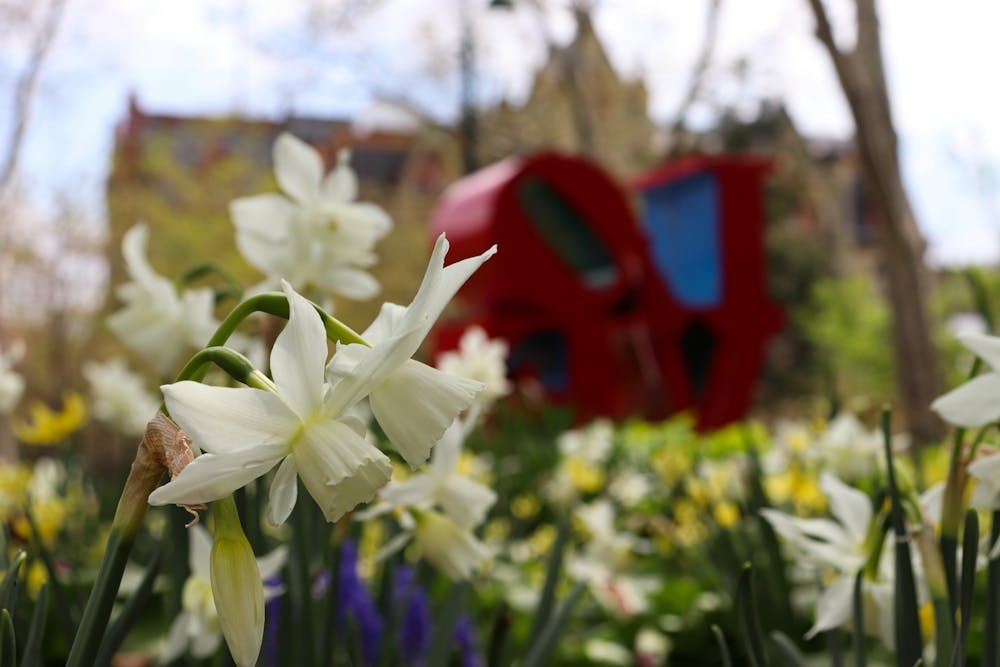As COVID-19 continues to ravage the world, many Penn students have found themselves impacted by the pandemic and forced to isolate or quarantine for extended periods of time.
While Penn reduced its mandatory quarantine period from 14 to 10 days for students who are exposed to someone who tests positive for COVID-19, spending this much time physically away from others has proven difficult — emotionally, socially, and academically — for students.
Here are four suggestions on how to cope with stress in quarantine or isolation.
1. Be kind to yourself
CAPS Associate Director of Outreach and Prevention Batsirai Bvunzawabaya and CAPS Chief Clinical Director Michal Saraf said that, above all else, students should work hard to practice self kindness and compassion as much as possible.
Quarantining and isolating means having normal routines disrupted, adjusting to the disappointment of canceled plans, and not being able to physically connect with people. This leads to stress, frustration, and anxiety, Bvunzawabaya said. Even for students that do not show symptoms of COVID-19, Bvunzawabaya said it is normal for students to be less productive than usual.
2. Stay social
Even though students must stay physically isolated, Bvunzawabaya said it is of the utmost importance to remain connected with friends and family through phone and Zoom calls as much as possible. She suggested that students make specific plans to connect with friends and family, both to interact with others but also to give them something to look forward to.
RELATED:
Students learning in isolation cope with warped sense of time, concentration issues
Students in isolation report inadequate resources and communication from Penn
However, she cautioned against using social media as a coping mechanism, calling it an ineffective form of connection.
“Sometimes with social media, it can feel like a connection because you’re observing what other people are doing, but I think when I talk about [connecting with people], it’s someone actually checking in and having a more meaningful conversation,” she said.
3. Maintain a routine
For students in quarantine and isolation, a lot has changed. Bvunzawabaya said students should do their best to create a new sense of routine for the duration of their quarantine or isolation period.
“When we leave our normal surroundings and routines, it’s easy to feel like everything else changes,” Bvunzawabaya said. "However, maintaining your sleep schedule and other elements of your routine such as exercise, school work, and personal hygiene can be restorative."
She emphasized that it is normal for students to not get as much accomplished as in a regular day, but said that maintaining elements of structure — including eating, staying hydrated, and maintaining physical well-being — are important steps.
4. Practice gratitude for small things
Saraf emphasized that coping with a stressful and disappointing situation can consume a lot of mind space, and encourages students to take time to express gratitude for small, positive things.
"You may feel bored or distracted in your new, limited environment, but interacting with your surroundings very intentionally, by taking specific notice of things you might normally pass, can help you gain focus and calm," Saraf said.









